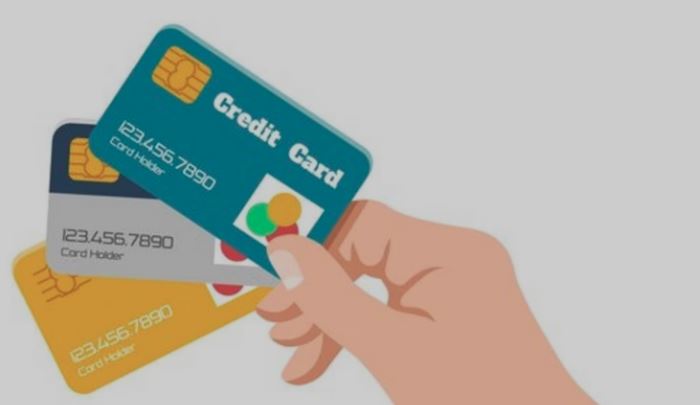The Impact of Credit Card Debt on Your Financial Health

The Impact of Credit Card Debt on Your Financial Health
Credit card debt can have a significant impact on your financial health and overall well-being. It is crucial to understand the potential consequences of accumulating and managing credit card debt wisely. In this post, we will examine the impact of credit card debt and how it can affect your financial situation.
The Impact of Credit Card Debt on Your Financial Health
- High Interest Rates: Credit cards often come with high-interest rates, especially for those with lower credit scores. Carrying a balance and only making minimum payments can result in substantial interest charges, making it challenging to pay off your debt quickly. The longer it takes to pay off your credit card debt, the more money you will spend in interest payments.
- Monthly Debt Payments: Accumulating credit card debt can lead to higher monthly debt payments, limiting your ability to save, invest, or achieve other financial goals. The more money you allocate towards debt payments, the less you have available for other expenses or future financial endeavors.
- Negative Credit Score Impact: High credit card debt and late or missed payments can significantly impact your credit score. A lower credit score makes it harder to obtain favorable interest rates on loans, secure housing or rental agreements, or even get approved for credit cards or loans in the future. A poor credit score can limit your financial options and increase the cost of borrowing money.
- Stress and Mental Health: Financial strain caused by credit card debt can impact your mental health and overall well-being. Constantly worrying about debt, struggling to make payments, or dealing with collection agencies can lead to stress, anxiety, and other emotional difficulties.
- Limited Financial Opportunities: Credit card debt can limit your financial opportunities, making it harder to qualify for loans or other forms of credit. Higher levels of debt can lead to higher debt-to-income ratios, which lenders may view as a risk, resulting in loan rejections or higher interest rates.
- Delayed Financial Milestones: Credit card debt can delay important financial milestones such as saving for retirement, buying a home, or starting a family. The financial burden of debt can make it more challenging to achieve these milestones within desired timelines, potentially impacting your long-term financial well-being.
To mitigate the impact of credit card debt on your financial health, it is essential to:
– Create a budget and track your expenses to ensure you live within your means.
– Pay off credit card balances in full each month to avoid interest charges.
– Make more than minimum payments to reduce debt faster.
– Consider debt consolidation options to lower interest rates and simplify payments.
– Seek professional advice if you’re struggling to manage your debt.
Remember, managing credit card debt responsibly is vital for your financial stability and long-term financial goals. Prioritize financial discipline and create a plan to pay down debts to maintain good financial health.

